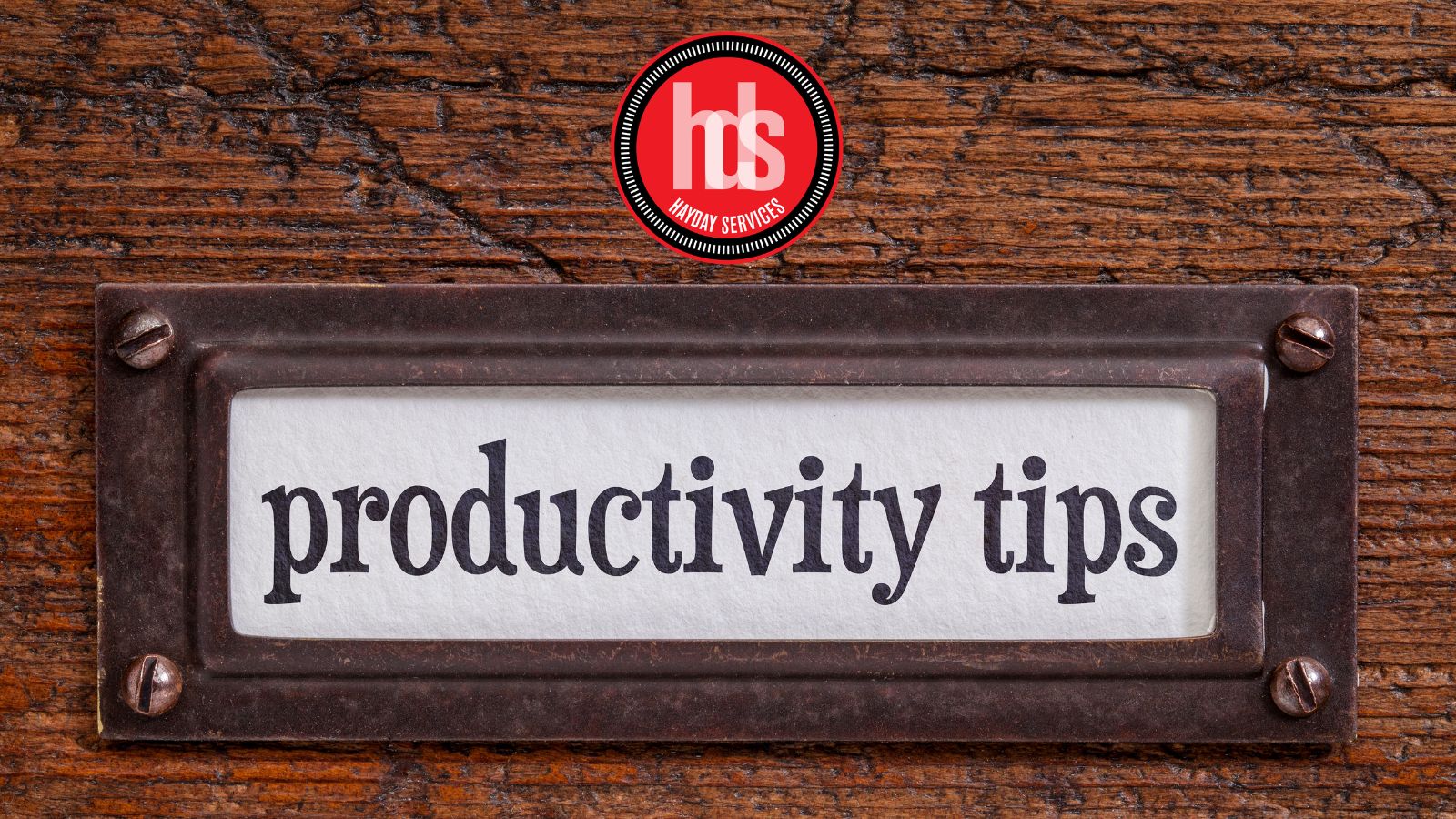As a development director, city clerk, or solo grant writer, you may often find yourself juggling multiple responsibilities and facing increasing demands on your time and energy. The pressure to do more with less in the workplace or in the heavily staged photos that clog your social media feeds can cause incredible, indelible pressure.
The latest episode of the Fundraising HayDay Podcast delves into this common challenge HERE, offering valuable insights and practical tips for managing your workload effectively. Here are a few of our suggestions:
1. Track your time: Understanding how you spend your time can help you make a case for additional resources or redistribution of tasks—especially if you’re salaried, or charge by the project, and are not used to tracking your time. There are a ton of free and paid time-tracking apps to gather data on your activities and plan your time and pricing effectively.
2. Communicate clearly: Don’t be afraid to have honest conversations about workload and expectations with your superiors. I was once asked to take on more managerial duties as a reward for doing well as a grant writer, but not offered additional compensation. And I had to have an uncomfortable conversation with HR about how my “reward” for hard work was more uncompensated work. Be prepared to discuss the impact of additional tasks on your primary responsibilities and overall organizational goals.
3. Build teams and delegate: Look for opportunities to involve others in your work, whether it’s through creating task forces or identifying colleagues who might be interested in learning new skills. For example, are there people in the organization that might be interested in learning more about different aspects of event management or donor relations in ways that don’t overtax them in their current roles?
4. Prioritize and set boundaries: Learn to say no to tasks or opportunities that don’t align with your primary responsibilities or organizational priorities, when you can do so. (That wasn’t always possible early on in my career.) Consider having a “year of saying no” to external commitments to reset your boundaries.
5. Understand your worth: Under most circumstances, I can develop a grant fairly quickly—which doesn’t work in my favor if I were to charge by the hour. The client is paying for my years of experience, my discernment, my writing skills, and my ability to synthesize information. Remember that your value lies not just in the hours you work, but in your expertise and efficiency.
By implementing these strategies, you can better manage your workload, reduce stress, and increase your overall effectiveness in your role. But it’s crucial to make time for what is truly important in your life—family, friends, causes, hobbies, and much more.
Kimberly Hays de Muga, GPC, is an expert trainer and coach in nonprofit capacity building, grant writing, fundraising, and board development. She brings more than 25 years of fundraising experience that includes raising $100 million from individuals, foundations, corporations, and local, state, and federal funding for nonprofit agencies in the education, health, and human service sectors—from food banks to pediatric hospitals, to state-wide mental health coalitions.
Latest posts by Kimberly Hays de Muga
(see all)



